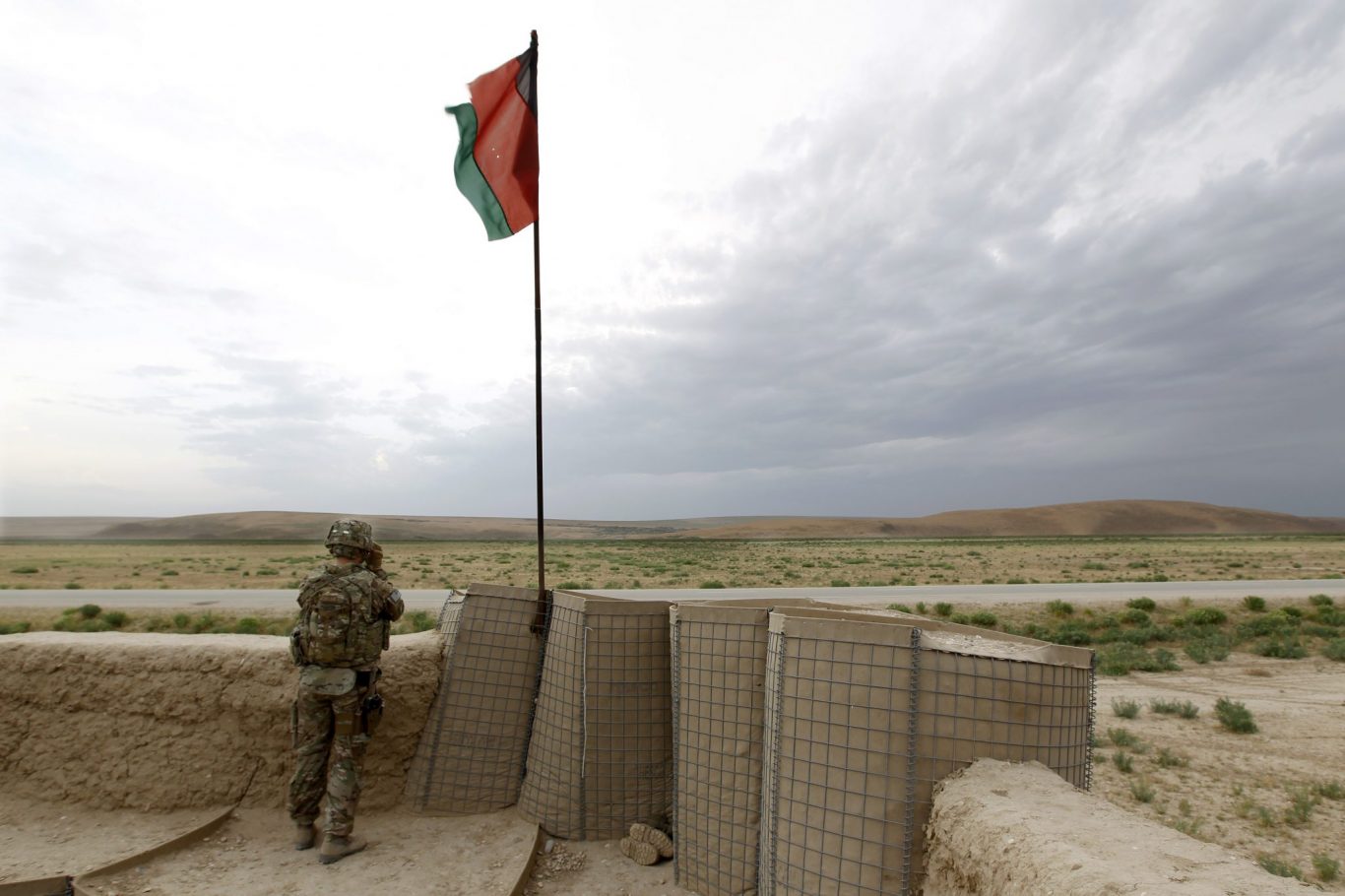Learning painful lessons from Afghanistan
18.03.2019 | Utsyn center for security and total defence
Conflicts, both in Afghanistan as well as at home, will continue to have both a complex civilian and military character. Understanding past, current and future civilian domains is more necessary than ever before.
When the International Security Assistance Force (ISAF) finally closed shop in Afghanistan in 2014, many participating nations professed a weariness with complex, civil-military, out-of-area operations. These operations demanded close, often awkward, relationships of cooperation, co-existence, and confrontation between different civil and military actors, including local civilians. Amid the withdrawal, many militaries and their defense departments seemed to express a collective sigh of relief, talking about a ‘return’ to strictly military priorities and operations. The focus shifted to ‘near area’ operations and security concerns at home. However two related problems remain:
- It is very difficult to claim Afghanistan can be characterized as a success story as a functioning state for and with its people. Given the enormous effort, the outcome is nothing short of a disaster. We need more self-reflection as to why that is.
- The civilian role in conflict is still sorely neglected – a perilous oversight for both understanding what happened in past operations but also for future conflict scenarios. There is a lot to learn from the civil-military relationships in Afghanistan.
Where to begin? ISAF, in combination with the US-led Operation Enduring Freedom (OEF), consisted of the combined intervening American forces with their NATO and non-NATO allies into Afghanistan after the attacks on the US World Trade Centre in 2001. Today, a smaller mission, focusing on security-related training and support, persists in Afghanistan with considerably fewer troops under Operation Resolute Support.
In many respects, it appears like the participating nations have all but forgotten Afghanistan. This is unfortunate as there are many lessons to still be identified and learned, much of which can be relevant for future operations. As such, the 2019 University of St. Andrews Conference on Lessons Learned in Afghanistan, held from 11-12 February, was a welcome initiative.
Though the conference was advertised as an opportunity to ‘take stock of NATO operations in Afghanistan’ with speakers invited to ‘present their respective state’s armed forces’ experience on the ground’, there was nevertheless a glaring lack of input from any Afghan and/or civilian representatives with whom these militaries cooperated. If there was a single lesson learned relatively early on, and one that was repeated with increasing frequency, was that there was no solely military solution to the conflict in Afghanistan.
Read full version of this text by Gunhild Hoogensen Gjørv at War Room, published 15.03.19.

